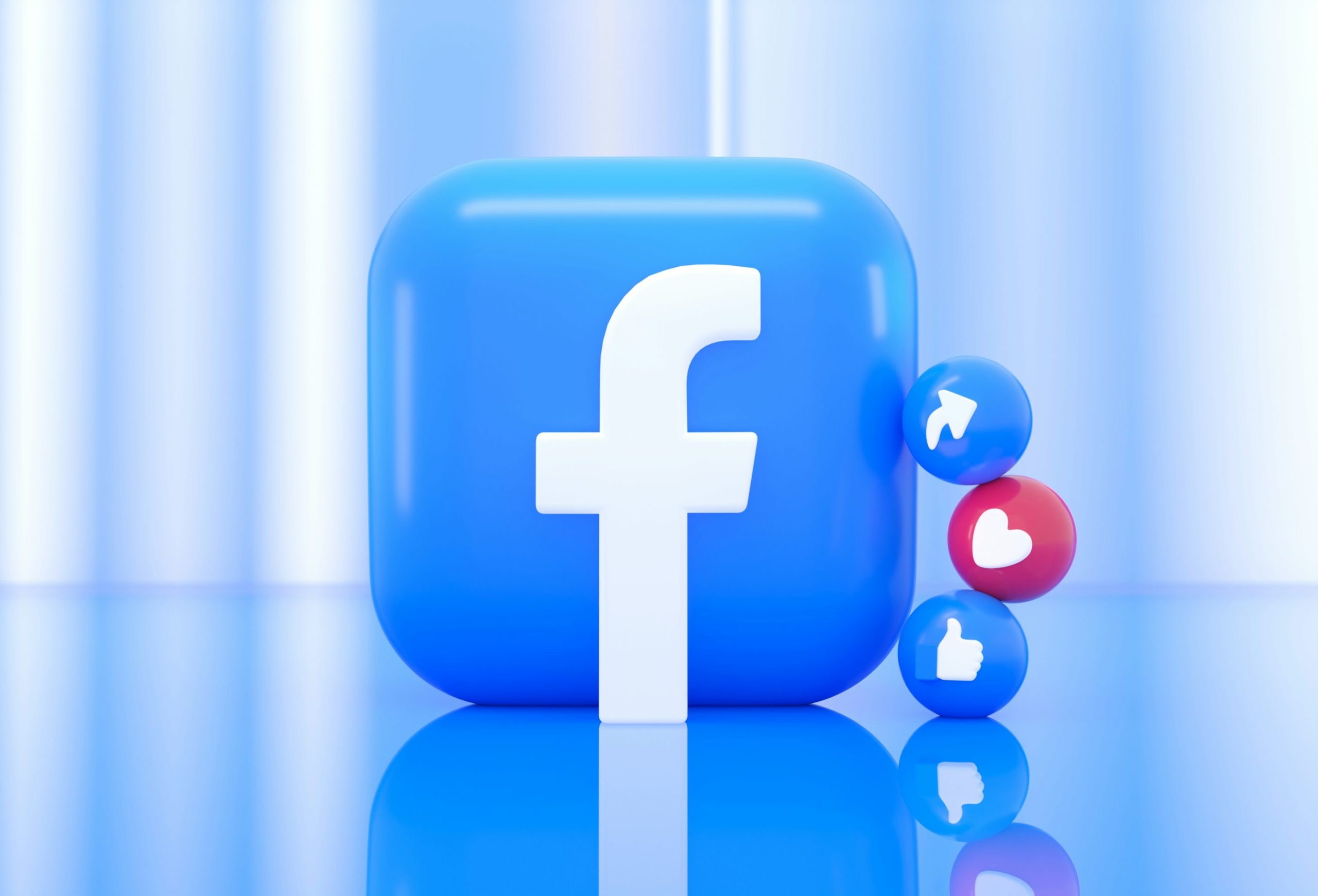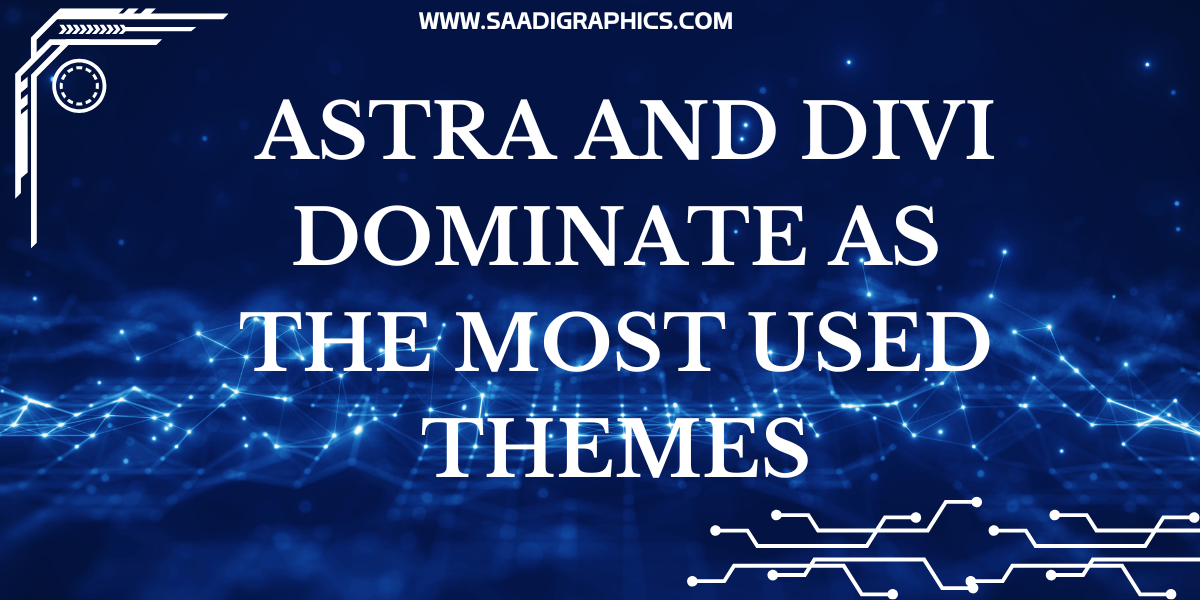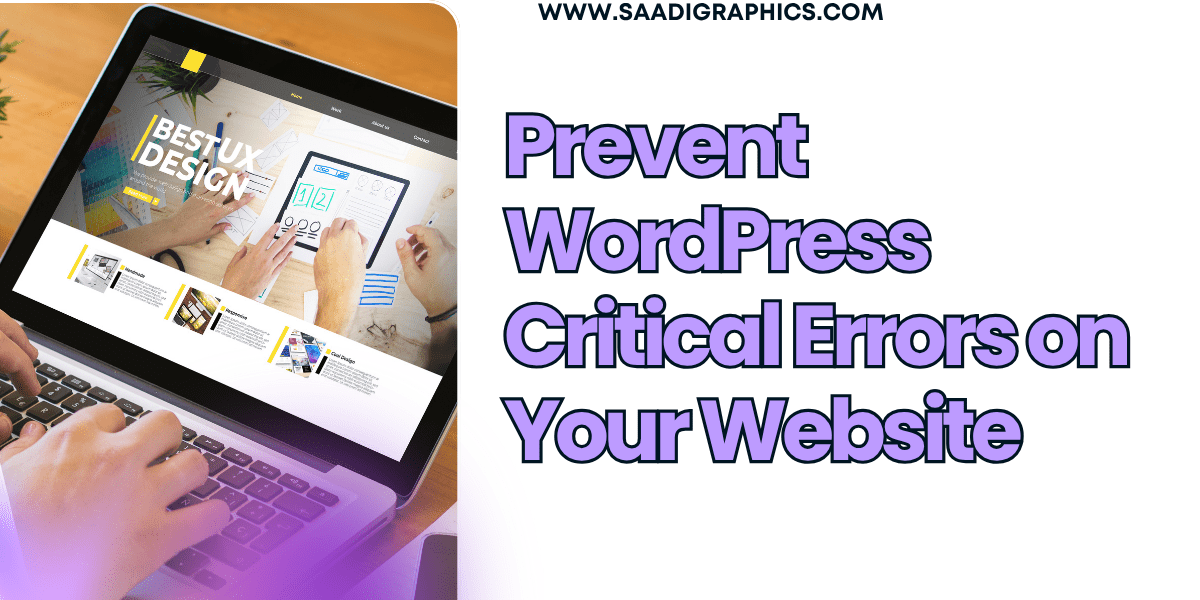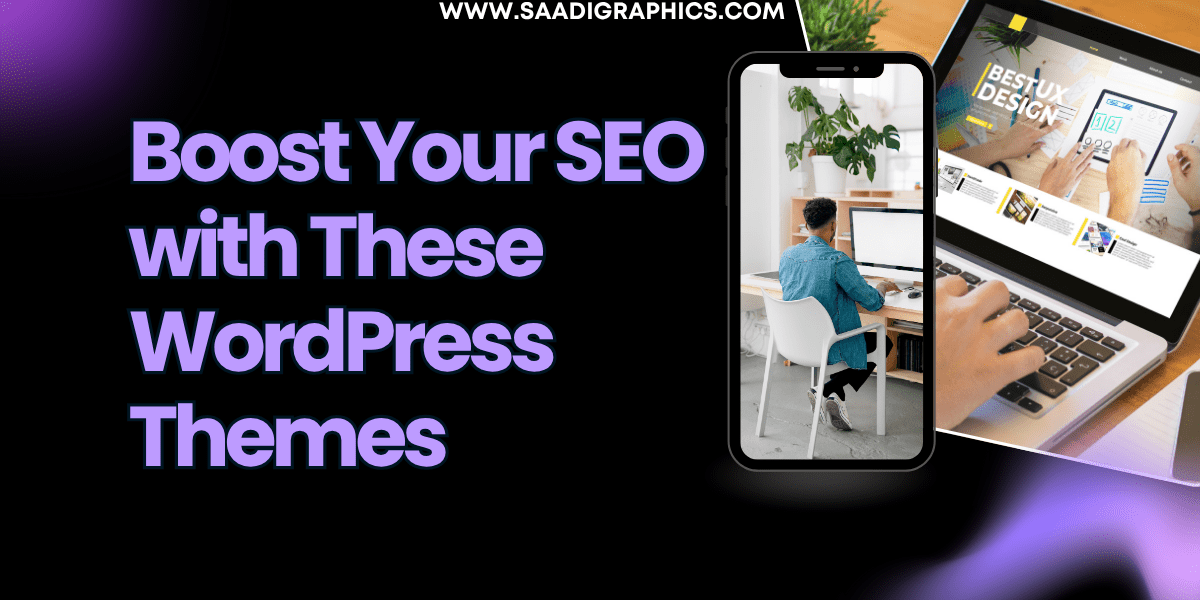The History of Facebook
Okay, real talk—if you’re like most people, Facebook has either been a big part of your life, a background app you barely check anymore, or that thing your parents spam with Minion memes and family reunion photos. But have you ever actually stopped to ask, how did this all start? Like seriously, how did Facebook go from a random college project to that blue-and-white behemoth that basically changed the way we live online?
Let’s rewind a bit.

So, Picture This: Harvard, 2003
You’ve got this college kid—Mark Zuckerberg. Kind of a computer nerd (in the best way), kind of a genius, and definitely not super popular. One night, Mark is in his dorm room, probably surrounded by pizza boxes and Red Bull, and he codes up this site called Facemash. The idea? People could compare two students’ photos side by side and vote on who was hotter.
Yeah… definitely not his proudest moment. It got him into some hot water with Harvard’s administration. The site was shut down in just a couple of days, but the seed had been planted.
Zuck realized something: People loved looking at profiles and judging each other. (Still true, right?)
Enter: TheFacebook
Fast forward to February 2004. Mark launches TheFacebook—originally just for Harvard students. You needed a “.edu” email to sign up, which made it feel kind of exclusive. Like a club. And surprise, surprise—it blew up. People were obsessed.
It expanded quickly to other Ivy League schools, then universities across the U.S., and by 2006? Boom. Facebook (they dropped the “The”) was open to everyone over 13. It was like the floodgates had opened and suddenly, your uncle, your dog’s vet, and your best friend’s ex were all on the same platform.

From Status Updates to World Domination
In the early days, it was all about status updates—remember those? “John is… feeling hungry.” (Yes, the “is” was mandatory, lol.)
Then came photos, likes, poke wars (RIP), and relationship statuses that somehow always caused drama. “It’s complicated” was basically its own meme.
By 2009, Facebook was the king of the internet. And it wasn’t just a place to stalk your crush or post awkward mirror selfies anymore—it was a digital identity. A timeline of your life. Birthday reminders? Check. Event invites? Check. Group chats with names like “Squad Goals 2014”? Double check.
The Money Moves (a.k.a Facebook Starts Making Bank)
Here’s where it gets kinda wild. Facebook didn’t just want to be your social circle—it wanted to be everything. Mark and his team introduced the News Feed, Facebook Ads, and started acquiring companies left and right.
Ever heard of Instagram? WhatsApp? Yeah, Facebook owns them.
And with all that came data. So much data. That’s when the platform shifted from being just “fun” to being this massive marketing machine. Businesses, big and small, started advertising there. Even creative studios and design agencies (like Saadi Graphics) started popping up to help brands stand out in the Facebook crowd.
It went from “I’m bored, let me scroll” to “Oh look, I just bought something I didn’t even know I wanted.”

The Dark Side (Because, Of Course There Is One)
Alright, we gotta talk about the not-so-fun stuff too. As Facebook grew, so did its problems. Privacy issues started piling up. Most famously, the whole Cambridge Analytica scandal in 2018 revealed that a ton of user data was being used without permission for political campaigns. Yikes.
People started asking the big questions—How much does Facebook really know about us? (Spoiler: A lot.)
Plus, misinformation and fake news spread like wildfire. Facebook tried to fight it with algorithms, fact-checkers, and policy changes, but let’s be honest—it’s still figuring that part out.
Rebranding and the Birth of “Meta”
In 2021, Facebook pulled a big move: it rebranded as Meta. Not because Facebook was going anywhere, but because Zuck had a bigger plan—the metaverse.
Now, if you’re rolling your eyes, you’re not alone. Most of us still have no idea what the metaverse actually is. Some giant virtual reality world? A glorified Zoom call with avatars? We’ll see.
But Meta’s focus is on creating immersive online experiences. Think VR meetings, digital concerts, and yes, buying virtual shoes for your virtual feet. Because why not?
So, What Does It All Mean for Us?
Whether you love Facebook, hate it, or haven’t opened it in months, you can’t deny it’s shaped our digital world. It’s how a lot of people stay connected, discover brands, plan events, and sometimes… fall down conspiracy rabbit holes at 2am.
For Gen Z, Facebook might not be the cool app anymore (we see you, TikTok), but it’s still massively influential. It’s the backbone of a lot of online ecosystems, especially for businesses. Like seriously, even when people say “Facebook is dead,” they’re still using Messenger, Instagram, or logging in with Facebook on every random app.
And if you’re someone building an online presence—whether you’re an influencer, a gamer, a brand, or a creative hustler—understanding how Facebook evolved gives you insight into how digital identity and branding work in this crazy online universe.
That’s exactly what places like Saadi Graphics help people with. Designing the kind of online presence that actually gets noticed—on Facebook, Instagram, or wherever your audience hangs out. Because let’s be honest, we’re all out here trying to stand out in a sea of memes and cat videos.



